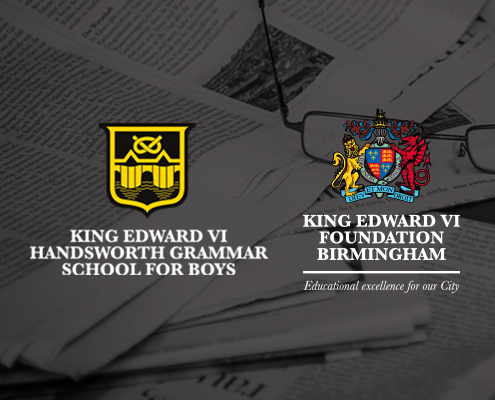6th Form Geography Field Work Residential to Slapton Ley, Devon
On Monday March 16th we left school early to beat the traffic on our way down to Devon for our AS and A2 Geographical Skills & Fieldwork Investigation which accounts for 15% and 30% of the A Level qualification respectively.
Students were quick to take advantage of the views on our way down which included spotting the numerous solar farms alongside the M5 and the beautiful south Devon towns such as Totnes, which is a Transition Town; one which is working toward zero use of oil and in general trying to find ways of living that are in line with our earth’s natural systems. Our Year 12s kept the drivers entertained by the discussions which ensued!
Our long journey was rewarded with a walk along Start Bay. We learnt about the history, geology and ecology of the area. Did you know that Operation Tiger was a pre-D-Day training exercise which took place here? The day ended nicely with a three course dinner and free-time to play table tennis, investigate the local area and generally chilling-out in the common room.
On Tuesday the Year 12s visited the River Harborne – a tributary of the River Dart – to collect data on wetted perimeter, hydraulic radius and the gradient of the valley. They also had chance to use geographical information systems to evaluate flood defences at Harbertonford.
The Year 13s went back to the coast to study the change in vegetative communities as a result of succession on exposed coastal sand. They had the best of the weather, but we had more fun as we witnessed Narvair’s histrionics due to a hole in his wellington!
On Wednesday we headed to Plymouth to assess the differences in the characteristics of urban areas and the implication this has for the access different people have to education, employment opportunities, freedom from crime and so on. As part of this we studied the recently gentrified Royal William Yard, the former Royal Navy depot with grade 1 listed naval buildings and stunning views over the waterfront. Discussions followed as to who would or could live in such an up-market area and whether the Urban Splash development would stand the test of time.
We had an early start on Thursday so that we could get packed up and ready for the off before squeezing in our last bit of Geography. The A2 students headed out to nearby woodland which served as useful revision for their Ecosystems unit of work while AS students took a tour round the centre and learnt about the various renewable forms of energy, including a geothermal borehole and biomass boiler. Did you know that the ground below 6 meters maintains a nearly constant temperature between 10 and 160C?
Ms Wharton and I would like to say a big thank you to all 27 of our 6th Form Geographers. We had early starts and were still in classrooms at 830 pm, yet there was no moaning, they were punctual and impressed the Field Studies Staff with their inquisitive minds and good sense of humour. Well done! We hope your hard work pays off in your exams.
Mr Bird & Ms Wharton.









